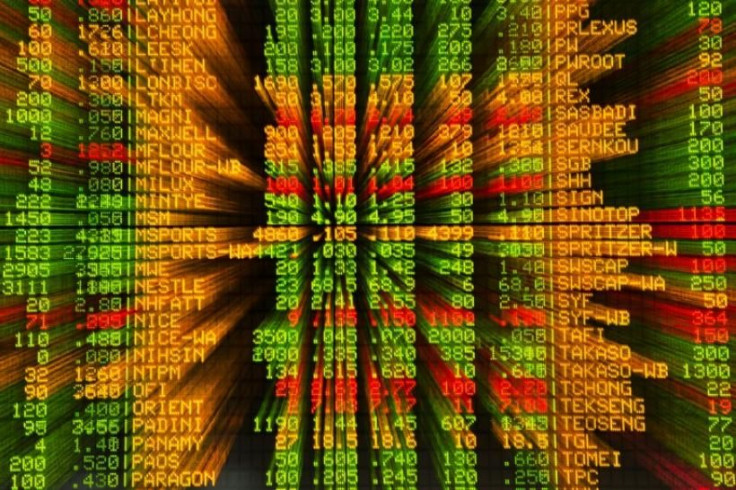Global Equity Markets Sell Off On A New COVID-19 Variant Scare

Global equity markets joined retailers worldwide, putting up stocks on sale on Black Friday as investors flee stocks for safe-havens, like government bonds, following news of another COVID-19 variant spreading in some parts of the world.
Black Fridays are usually quiet days for equity markets. People focus more on shopping for holiday gifts and less on shopping for stocks. In the U.S., equity markets are open for half-day after being closed on Thanksgiving days. As a result, traders and investors can take a break from Wall Street and join the crowds in the nation's shopping malls for holiday shopping.
This Black Friday, things were quite different. U.S. traders and investors woke up to see plenty of red on the TV screens and computer monitors, as all major averages were on negative territory.
The sell-off began in Asia with a 2.53% drop in the Nikkei 225 index. Then, it spread over to Europe, with London's FTSE 100 losing 3.64%, France's CAC 40 losing 4.75%, and Germany's Dax losing 4.15%. Eventually, it reached the U.S., where low volume due to the shortening of the trading day exacerbated volatility. Nonetheless, the sell-off in the U.S. stocks wasn't as bad as in overseas markets, with Dow Jones losing 2.53%, the S&P 500 2.27%, the NASDAQ 2.23% and Russell 2000 losing 3.7%.
The catalyst behind the global sell-off was the appearance of a new COVID-19 variant in Africa, called "omicron," which prompted governments worldwide to take drastic measures to protect their citizens. For instance, the UK blocked flights from South Africa, while Canada, the U.S., and many Asian nations took similar policies.
For traders and investors, these measures brought back vivid memories of the Spring of 2020 when nations worldwide closed their borders to visitors and tourists and imposed lockdowns and shelter-in-place measures to their own citizens.
We'll know what these measures meant for the world economy: a global pandemic recession, which was short-lived thanks to the massive monetary and fiscal stimulus by central banks and national governments around the world.
While it is still unclear whether the spread of the new COVID-19 variant will prompt governments to take as drastic measures like those in 2020, risking another pandemic recession, traders and investors didn't want to wait. Instead, they rushed to sell equity shares and commodities worldwide, moving funds to safe-haven assets like government bonds, which staged a strong rally. For instance, the popular 10year U.S. Treasury bond rallied in price, pushing yields down to 1.48%, well below the 1.70% it was trading a couple of weeks ago.
The selling was concentrated in the economically sensitive sectors that could be most affected by slower economic growth, like in the oil, materials and travel sectors. For instance, crude oil lost 13% during the U.S. trading session. In addition, Hilton World Wide Holdings lost 6.25%, while Expedia and United Airlines lost 17% and 9.5%, respectively.
Still, a few winners beat the sell-off and managed to close with gains, like Zoom, DoorDash and Peloton, which are expected to benefit from another round of lockdown and shelter-in-place measures.
Meanwhile, the sharp decline in commodity prices has eased fears of inflation, which has generated a great deal of anxiety among traders and investors over the end of easy money by the Fed. Since the outbreak of the pandemic in the Spring of 2020, the nation's central bank has cut short-term interest rates to near zero and kept long-term interest rates at ultra-low levels through the purchase of Treasury Bonds and Mortgage-Backed Securities (Quantitative Easing). But it was about to unwind it at the end of this month to fight inflation, with tapering, the gradual limiting of purchases of Treasuries and Mortgage-Backed Securities.
With the sharp decline in commodity prices and the easing of inflation fears, the Fed may have to postpone or tame tapering, maintaining the status quo of easing money.
That would be good news for Wall Street, putting an end to the Black Friday sell-off.
© Copyright IBTimes 2024. All rights reserved.












